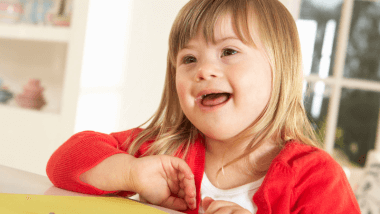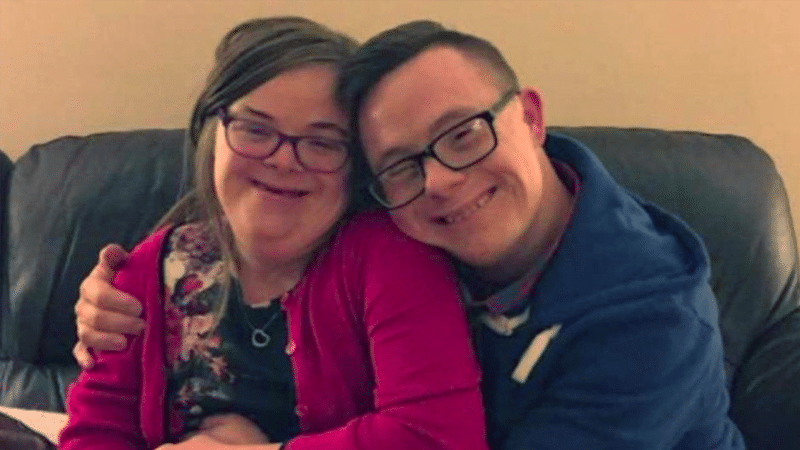Down’s syndrome campaigner Heidi Crowter has said she hopes Britain’s abortion law will be changed following her hearing at the Court of Appeal.
Heidi and others are challenging the discrimination which permits unborn babies deemed to have a disability to be aborted up to birth, well beyond the usual 24-week limit.
Last year the High Court rejected their case – a decision which was appealed. A ruling is not expected before October.
Hope
Heidi and her husband James both have the condition.
Speaking exclusively to The Christian Institute, Heidi said: “At the moment, the law states that a baby without Down’s syndrome can be aborted up to 24 weeks, but a baby with Down’s syndrome like me and James can be aborted up to birth.”
She added: “The reason I’m doing this case is because I have Down’s syndrome, and I’m hoping to achieve that we’ll hopefully change the law.”Please let people know how much we appreciate their prayers. That’s what keeps us going.
‘Image of God’
Her mother Liz said she would encourage other parents of children with Down’s syndrome to check out “what Down’s syndrome looks like in 2022”, because some midwives and doctors are still giving parents outdated, negative information about the condition.
She said instead parents should do wider research, “talk to other parents” and “meet someone who has Down’s syndrome, and see that the value of your child as a person made in the image of God, and that Down’s syndrome is only one extra chromosome”.
In closing, Liz added: “Please let people know how much we appreciate their prayers. That’s what keeps us going”.
Equal value
Speaking to Sky News ahead of the hearing on Wednesday, Heidi said: “In 2022, we live in a society where disabled people are valued equally after birth but not in the womb.
“I hope that the judges will agree with me that this law is discrimination and needs to be changed.”

Heidi Crowter reflects on her battle to end disability discrimination in the womb
Campaigners fear screening could ‘eliminate’ Down’s syndrome
Mum shocked by friends’ judgemental Down’s syndrome comments
New CBBC presenter aims to dispel myths surrounding Down’s syndrome

